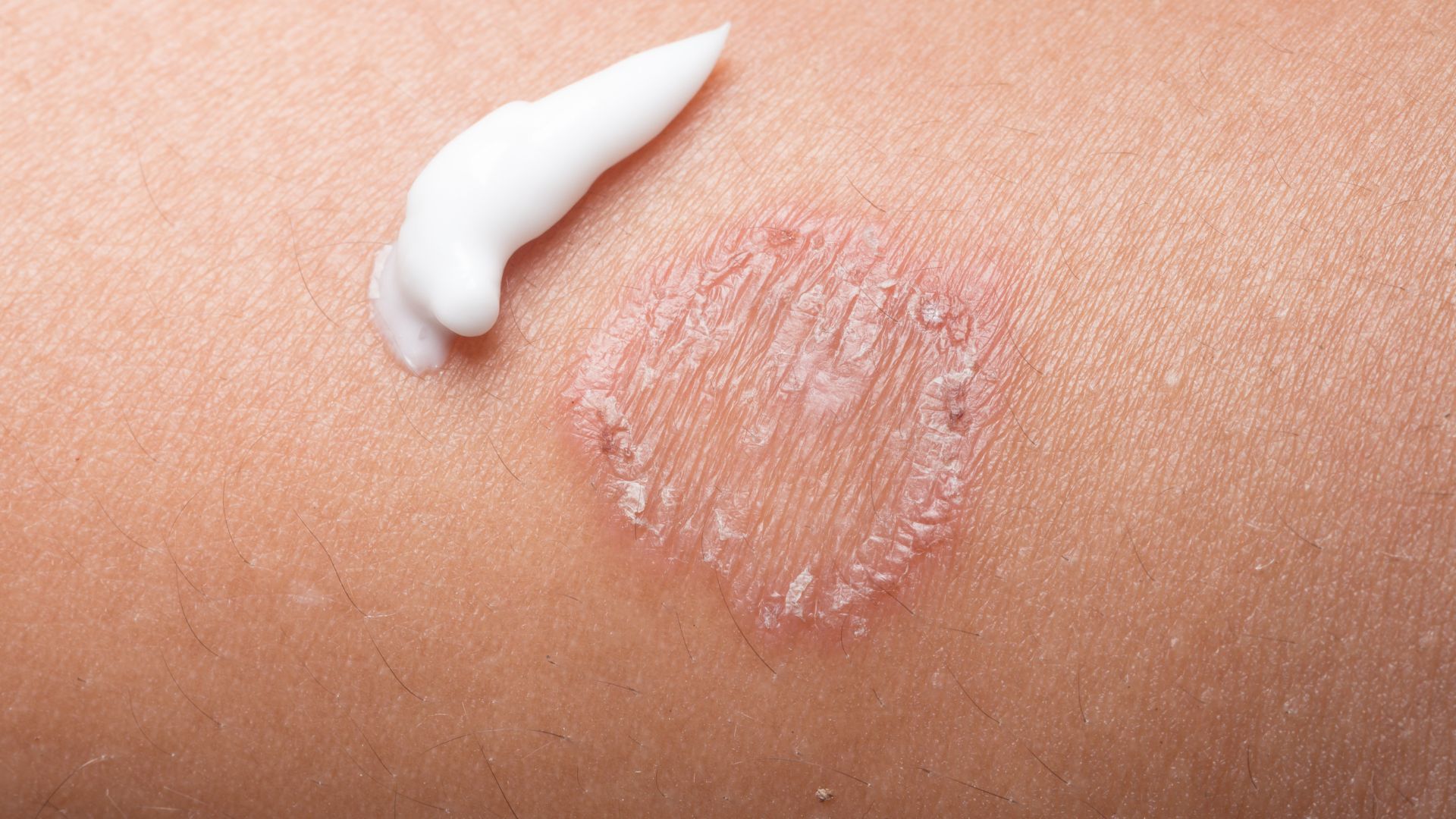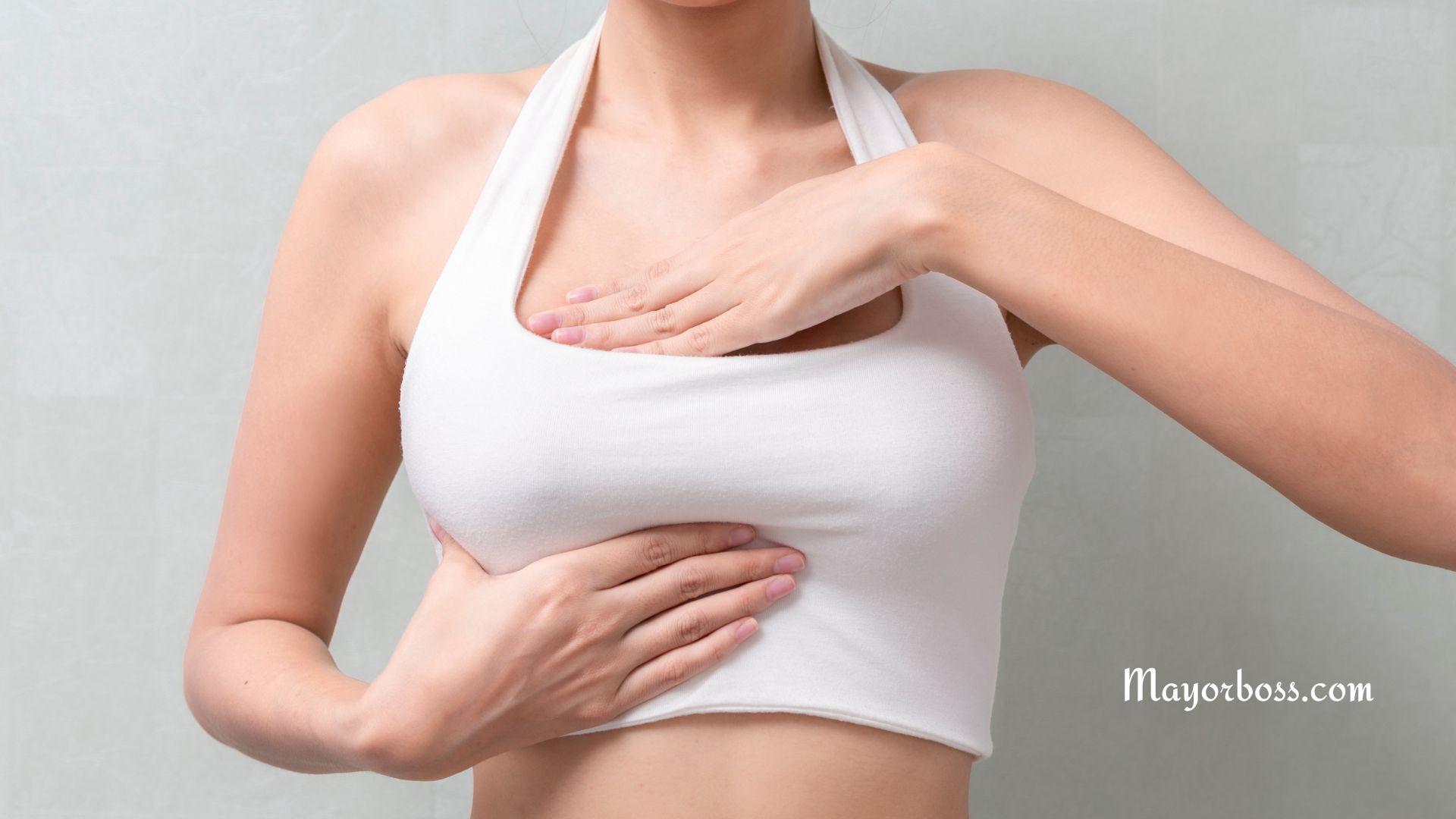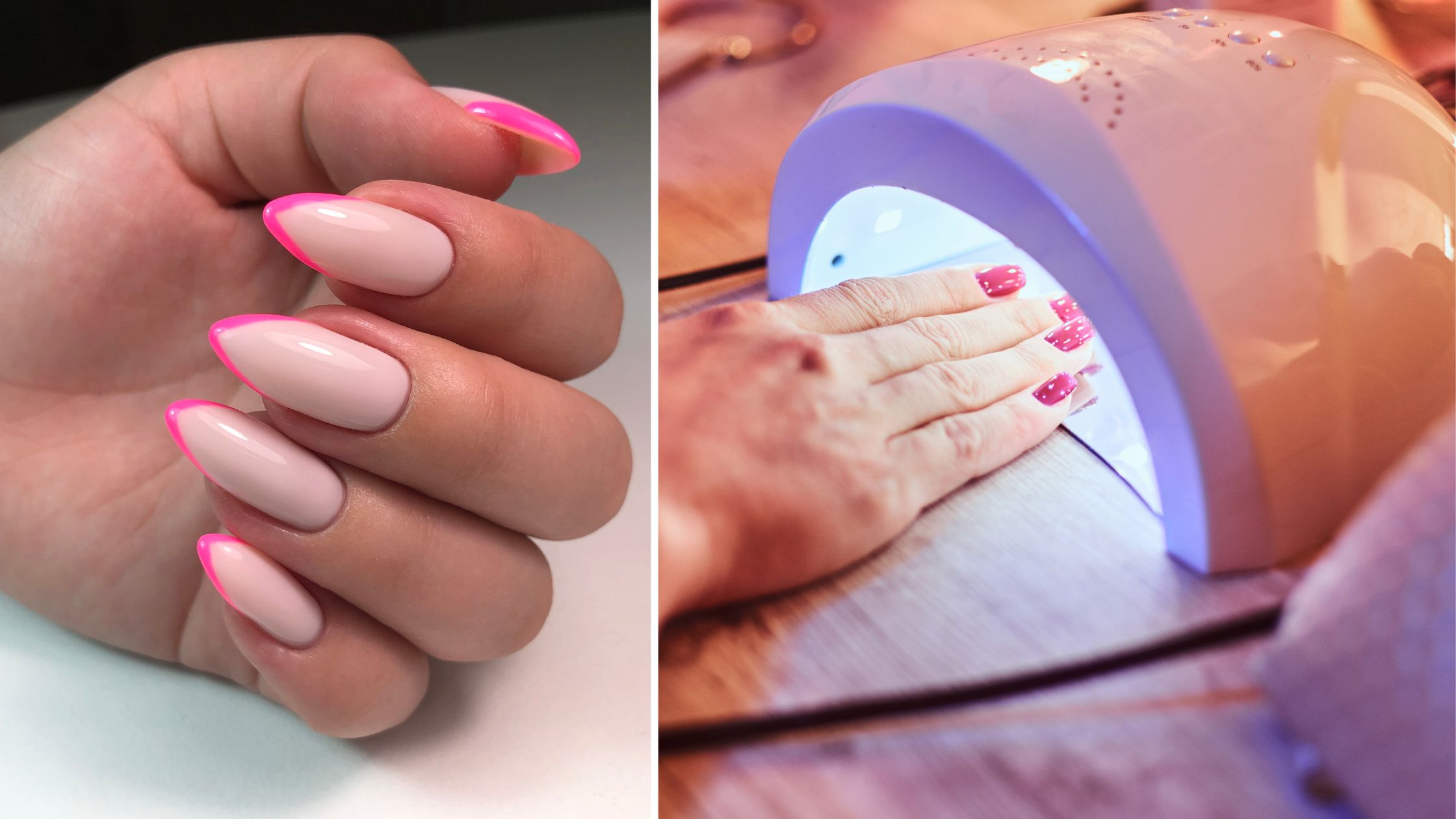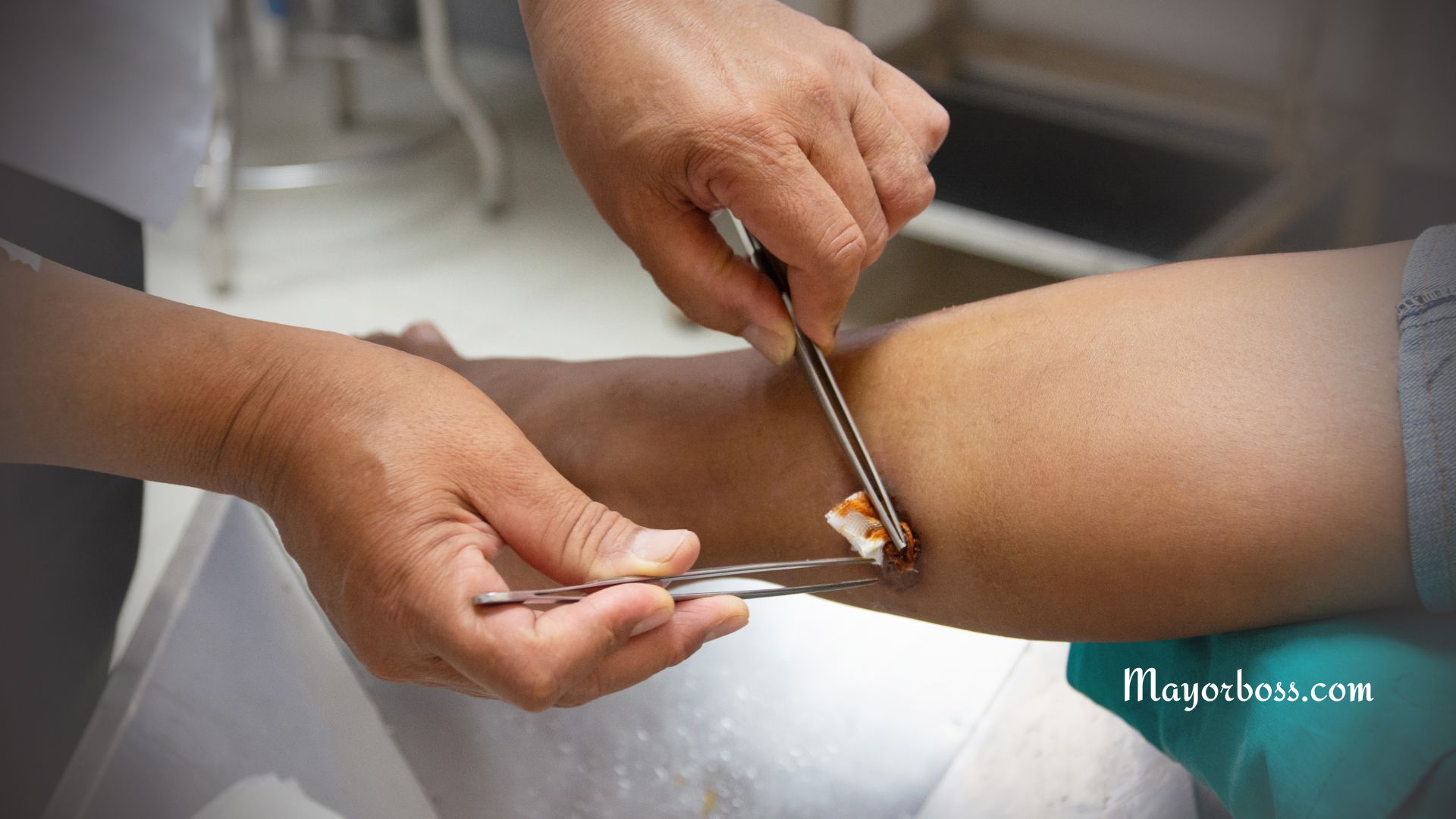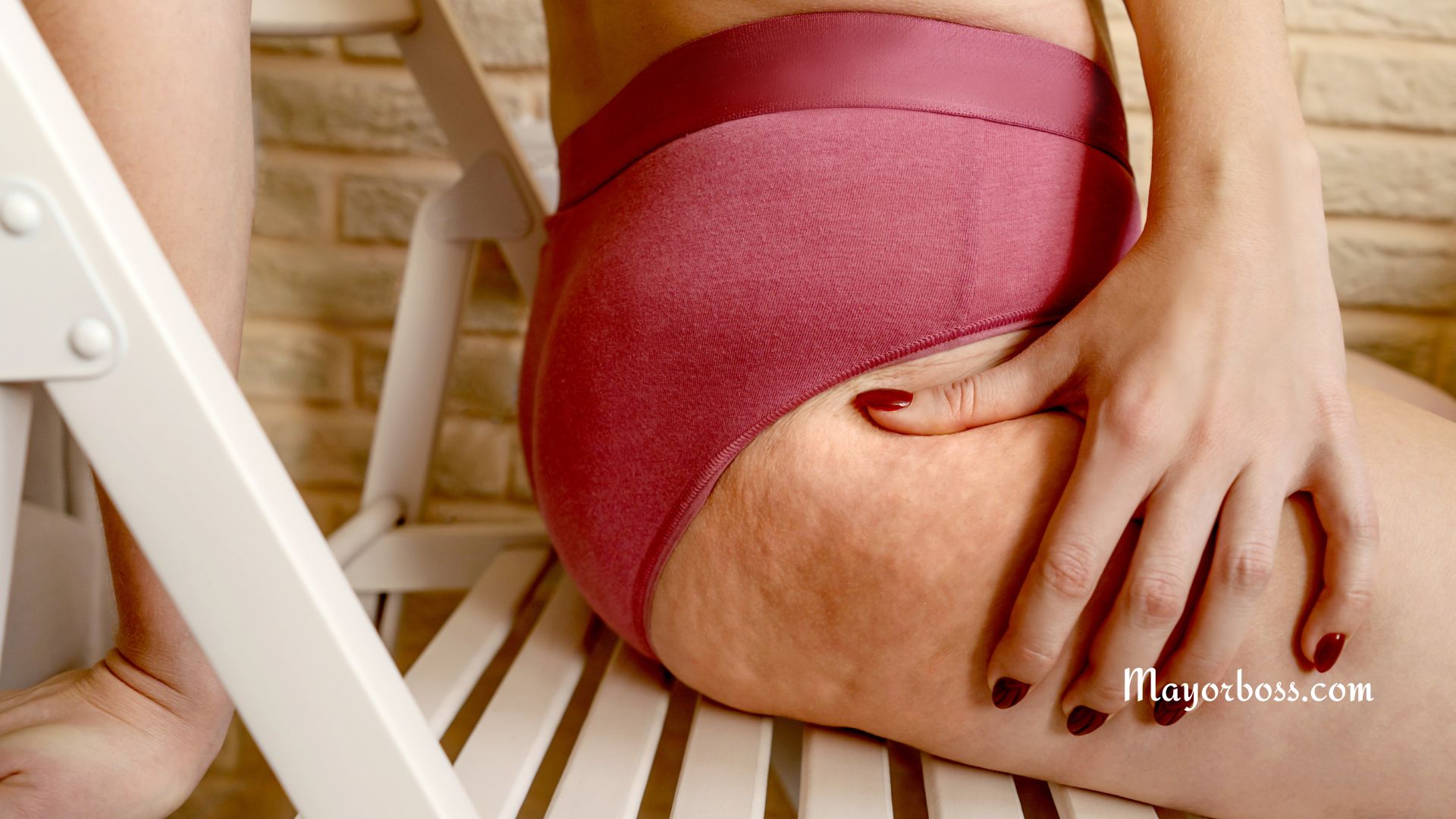What Can I Do For Varicose Veins?
Varicose veins are swollen, twisted veins that you can see just under the surface of the skin. Typically affecting the legs and feet, these veins are usually harmless but can cause discomfort or pain. Various treatment options range from lifestyle changes to medical procedures. This article provides a comprehensive guide on what you can do if you’re dealing with varicose veins.
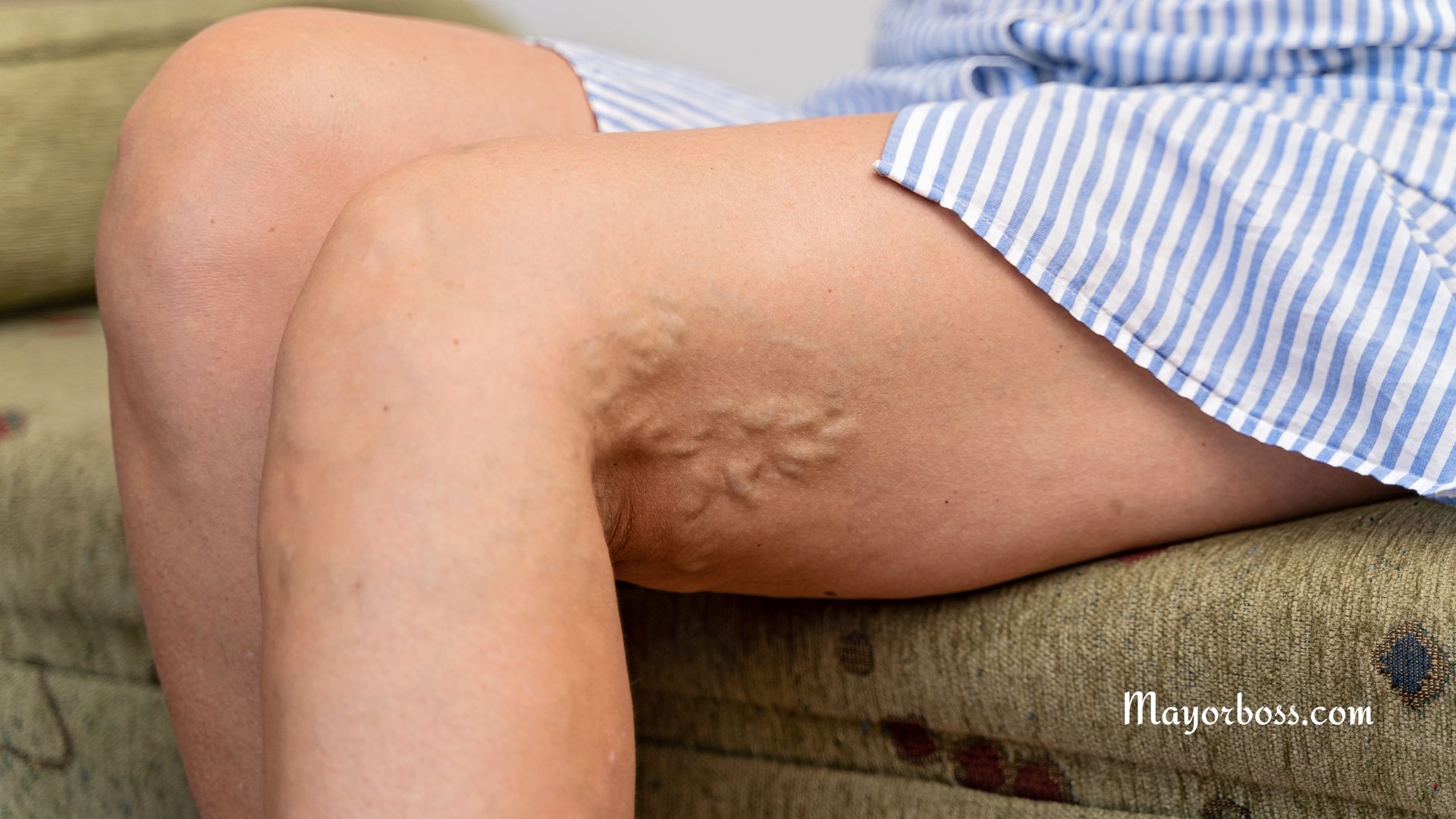
Lifestyle Changes
Exercise Regularly
Getting your blood pumping is essential. Exercise improves your blood flow, and that’s good news for your veins. Walking, cycling, and swimming are excellent choices. Aim for at least 30 minutes of physical activity most days of the week.
Elevate Your Legs
When you’re resting, try to elevate your legs. This simple action helps blood flow back to your heart, reducing the pressure on your veins. When you’re at home, place your legs on a pillow or a raised platform for about 30 minutes several times a day.
Dietary Choices
Opt for High-Fiber Foods
According to multiple studies, a high-fiber diet can prevent constipation, reducing the pressure on your veins. Foods like whole grains, fruits, and vegetables are excellent choices.
Limit Salt Intake
Too much salt can cause water retention. So, cut down on salty foods to help alleviate some of the symptoms related to varicose veins.
Compression Stockings
Wearing compression stockings can be really effective. These special socks squeeze your legs to improve blood flow. Research has linked the consistent use of compression stockings to a reduction in the discomfort and swelling associated with varicose veins.
Medical Treatments
Sclerotherapy
In this procedure, a doctor injects a special solution into your veins. The solution causes the veins to scar and close, rerouting the blood to healthier veins. The treated veins eventually fade away.
Laser Treatment
Laser treatment is another option. High-energy light is used to treat smaller varicose veins and spider veins. The heat from the laser causes the vein to close and disappear over time.
Endovenous Ablation
For more severe cases, endovenous ablation is often recommended. In this procedure, a thin tube is inserted into the vein. Then, radiofrequency or laser energy is used to seal it shut.
Herbal Remedies
Horse Chestnut Extract
Research suggests that horse chestnut extract may treat varicose veins by decreasing pain and leg swelling associated with varicose veins. However, consult your healthcare provider before taking horse chestnut extract.
Grape Seed Extract
Similarly, grape seed extract is rich in antioxidants and has been shown to improve blood circulation. Therefore, it may help in reducing the symptoms of varicose veins.
Frequently Asked Questions
What Are the Early Signs of Varicose Veins?
Early signs to watch out for include a feeling of heaviness in the legs, mild swelling, and visible veins under the skin. You might also experience slight discomfort or aching. If you notice these signs, it’s a good idea to consult a healthcare provider for a proper diagnosis.
Can Varicose Veins Be Prevented?
While you can’t always prevent varicose veins, you can reduce your risk. Staying active, maintaining a healthy weight, and avoiding long periods of standing or sitting can help. Compression stockings are also effective in improving blood flow and may prevent the veins from getting worse.
Are Varicose Veins Dangerous?
Generally, varicose veins are not life-threatening. However, they can cause discomfort and may lead to complications like ulcers or blood clots if not managed. Therefore, if you have varicose veins, it’s important to consult a healthcare provider for an appropriate treatment plan.
How Long Does It Take to Recover from Varicose Vein Treatment?
Recovery time varies depending on the treatment. For less invasive treatments like sclerotherapy, you may resume normal activities the same day. For more involved procedures like endovenous ablation, it might take a few days to a week to fully recover. Always follow your healthcare provider’s advice for the best results.
Can Diet Impact Varicose Veins?
Absolutely, your diet plays a significant role in managing varicose veins. Foods rich in fiber and low in salt can improve your condition. Research has shown that a balanced diet can enhance blood flow and reduce the symptoms associated with varicose veins.
Further Reading: How to Naturally Treat Varicose Veins

